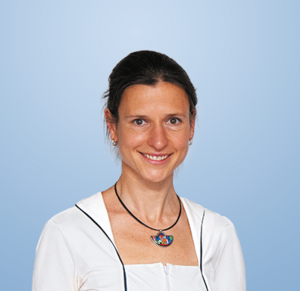ColLab History Seminar: Bernhard C. Schär & Caroline Montebello
Campus B18.004 & online
Physical exercise has been demonstrated to enhance memory functions by promoting plasticity in the hippocampus and its surrounding regions, potentially through endocannabinoids. In our pursuit of this phenomenon, we conducted a series of studies involving two distinct groups: healthy young participants and young participants with a genetic predisposition for Alzheimer's disease (AD). The objective was to investigate the impact of a single exercise session on declarative memory.
Our comprehensive findings shed light on the fact that exercise has a significant positive effect on associative memory and motor sequence learning, phenomena closely linked to the activity in the hippocampus and the signalling of endocannabinoids. However, when we focused on participants with a genetic risk for AD, regardless of their exercise regimen, we observed a noticeable decline in their performance in associative memory together with reduced plasticity in medial temporal structures during memory retrieval.
Our current research endeavours involve planning a follow-up study to investigate the impact of training, sleep, and screen usage habits on the mental health and cognitive functions of elite athletes. Despite the rigorous demands of their schedules and the heightened stress levels they experience, there is a scarcity of quantitative data on insomnia symptoms in athletes. To address this knowledge gap, we intend to recruit competitive athletes and collect data concerning their sleep patterns, training routines, and overall mental well-being. Simultaneously, we will monitor their circadian rhythms, while collecting relevant saliva samples to measure biomarkers related to sleep pressure (melatonin) in their home or training environments.
Click here to participate online.

Dr. Kinga Igloi is a a researcher in neurosciences and a post-doctoral researcher in the Food and Human Behavior Lab at UniDistance Suisse. Her research focuses on the impact of sleep and exercise on memorisation processes.